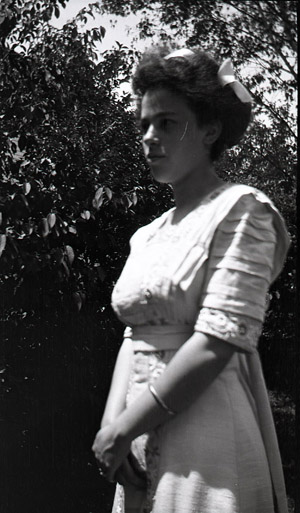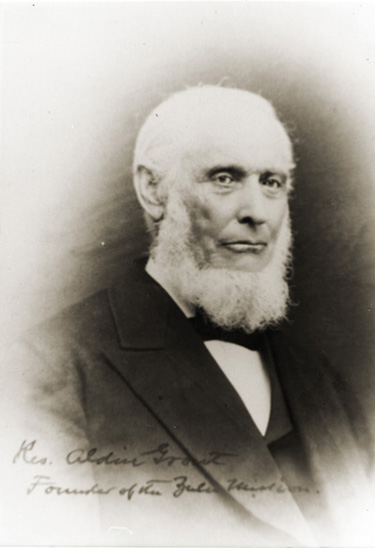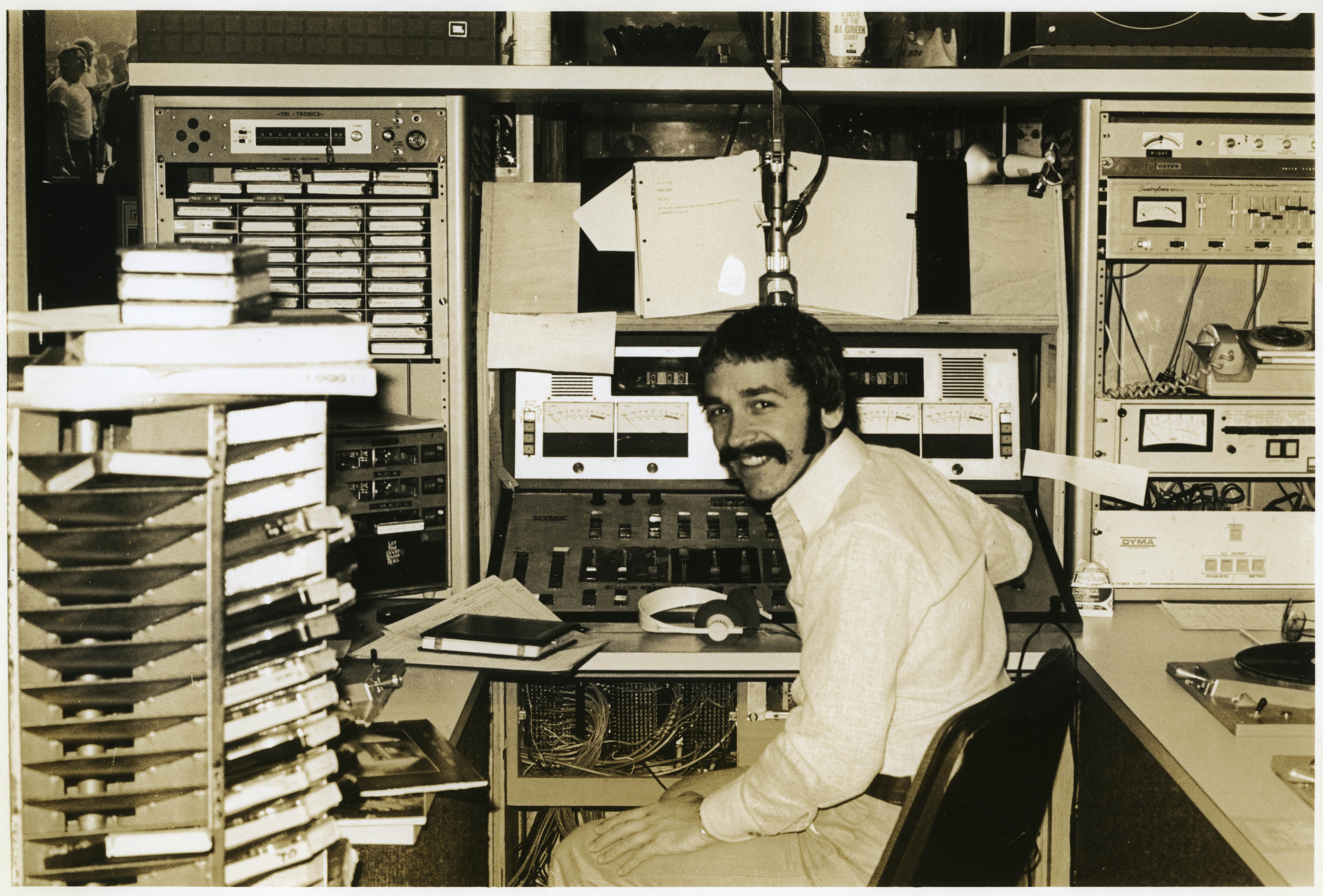Jonah B. Griswold Ledgers
1841-1876
4 vols. 0.25 linear feet
Call no.: MS 638
An industrious artisan with a wide custom, Jonah B. Griswold made gravestones and sepulchral monuments in Sturbridge, Mass., during the three decades saddling the Civil War. Making 20 or more stones a month, Griswold had clients throughout southern Worcester County, including the Brookfields, Charlton, Wales, Woodstock, Warren, Brimfield, Union, Oxford, Worcester, Southbridge, Holland, New Boston, Spencer, Webster, Dudley, and Podunk, and as far south as Pomfret, Conn.
The four volumes that survive from Griswold’s operation include: record of cash expenditures for personal items, 1843-1876, combined with accounts of work performed for Griswold and daybook with records of marble purchased and stones carved, 1861-1876; daybook of cash on hand 1841-1842, with accounts of stone purchased and stones carved, April 1843-1849; daybook of stones carved, 1849-1860; and daybook of stones carved, 1855-1876. Griswold seldom records inscriptions, with most entries restricted to the name of the client and/or deceased, location, and cost, such as: “Oct. 14. Brookfield. Stone for Mr. Woods child 25.43” Prices during the antebellum period ranged from $10 (half that for infants) to over $140, with larger monuments going higher.
Subjects
Sepulchral monuments--MassachusettsStone carving--MassachusettsSturbridge (Mass.)--HistoryContributors
Association for Gravestone StudiesGriswold, Jonah BTypes of material
Daybooks




